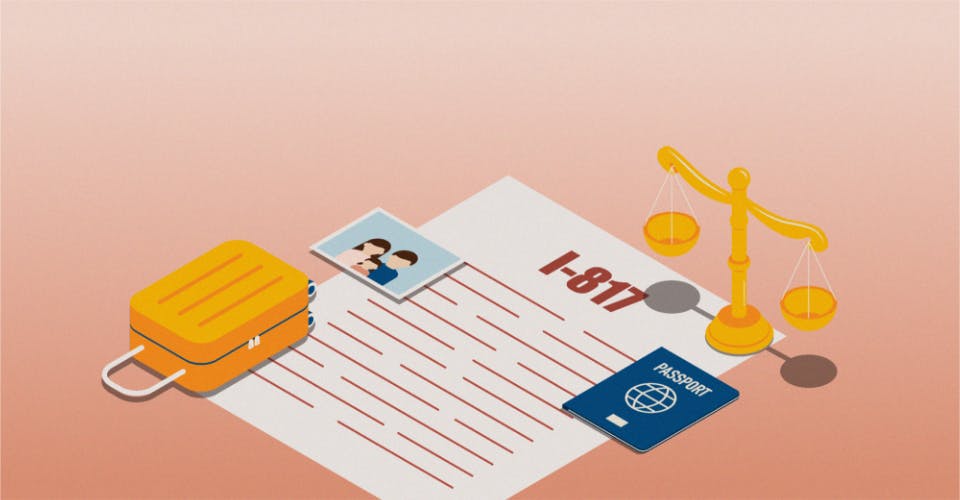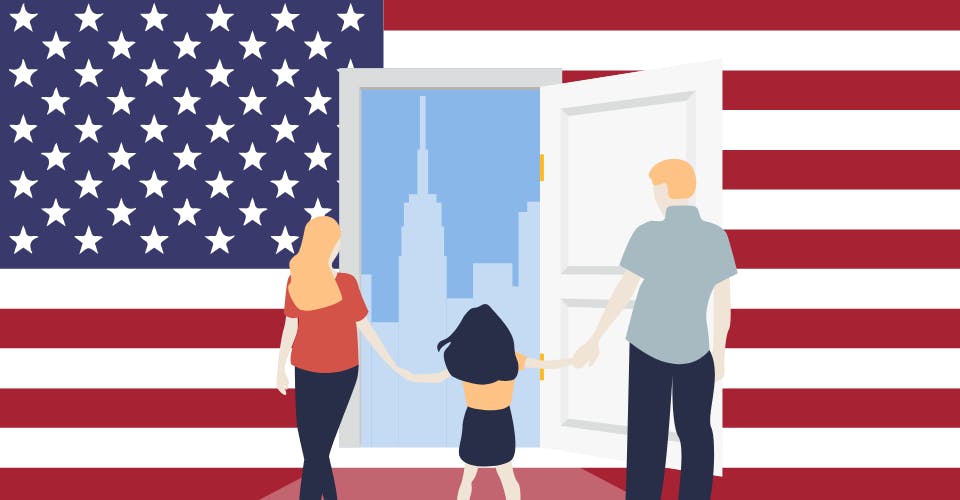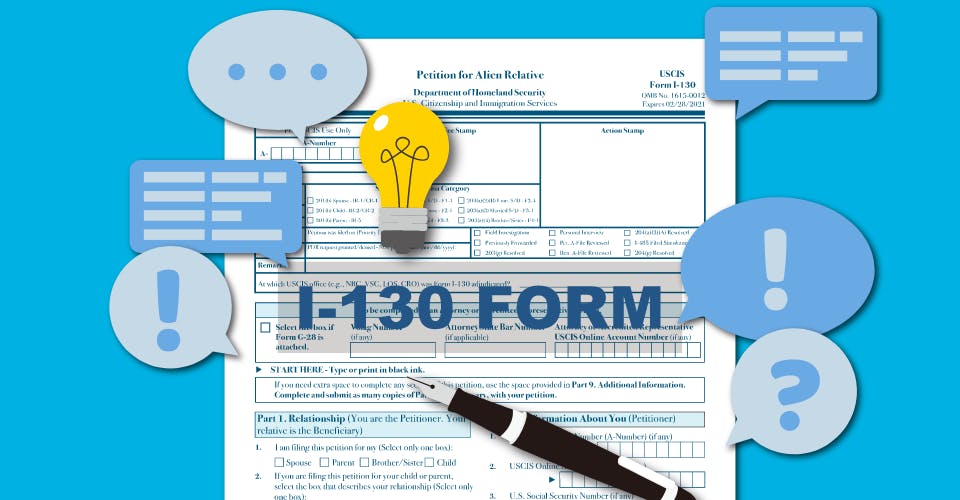For family based immigration services, such as applying for a green card or attaching dependents onto an existing I-485 application, one of the first crucial steps is first establishing a principal applicant and a beneficiary. For example, the U.S. citizen who is living in the U.S. and is petitioning for another close relative to immigrate to the U.S. would be the principal applicant in terms of filing an I-130 petition, also known as the petitioner, and the beneficiary is the immigrant abroad who will then have to go through consular processing.
In a similar situation, petitioners can also file an I-130 for a non-citizen who is currently residing in the United States, but is looking to adjust their status and become a legal permanent resident.
In addition, dependents, such as children or parents can become beneficiaries as well in many immigration scenarios. All that needs to happen is that the child in question is named on the visa petition for their parent, who is the lead beneficiary in this situation.
What Happens if you lose your petitioner?
Because all of the above scenarios depend upon a lead petitioner, it brings to mind several questions for what happens to the application process when a petitioner passes away?
According to the State Department—the lead on consular processing, if the petitioner dies before the principal applicant has immigrated to the United States, the petition is automatically revoked (cancelled). This means the consular officer will not be able to issue a visa to any of the beneficiaries of the petition and will be required to return the petition to the Department of Homeland Security (DHS).
Humanitarian Concern
While your petition may be revoked initially, there are some options that beneficiaries have in order to make a successful immigration case and have their visa approved to travel to the United States. The first is called “humanitarian reinstatement”.
The first step in this process is for the principal beneficiary to begin writing a letter to the USCIS office that approved the I-130 explaining the situation and death of the original petitioner. There is currently no fee for a humanitarian re-instatement letter. Supporting evidence in your written statement should include the following:
- Your name and the deceased petitioner
- The receipt number of the original approved I-130 (which can be found on the receipt notice that was sent)
- A death certificate of the now deceased petitioner
- A new Affidavit of Support (I-864) filed by a substitute sponsor
In addition to the above personal information, the writer of this letter also needs to have a compelling reason to show to the USCIS that travelling to the U.S. at this time is of utmost importance. Evidence including the following is generally found to be legitimate:
- Whether the impact of not immigrating to the U.S. will present a significant risk or burden to the beneficiary and/or dependents
- Whether advanced age or health concerns creates a situation where immigrating to the U.S. for medical treatment is the only viable option
- Ties or lack thereof to one's home country
- Any other factors that would weigh favorably including supporting documentation
Finding a new/joint sponsor
In the above example, even though the principal applicant who is applying for legal residence in the United States is in a difficult situation, the fact that they have already had their petition approved (before the death of a U.S. citizen) does help their case. For applicants whose petition has not yet been approved, and the petitioner passes away, the situation can be more ambiguous.
In this case, the prospective beneficiary needs to find a new sponsor. In doing so, they should seek someone who is able to file a petition on their behalf, but also somebody who can the federal poverty requirements for an Affidavit of Support. If an immigrant relative's substitute sponsor cannot meet the income requirements needed, the person might be able to team up with a joint sponsor.
The joint sponsor must be at least 18 years of age, living in the U.S., and willing to be jointly liable for the immigrant's financial support. One of the benefits of this strategy is that the joint sponsor, unlike the substitute sponsor, does not have to be related to the immigrant.














